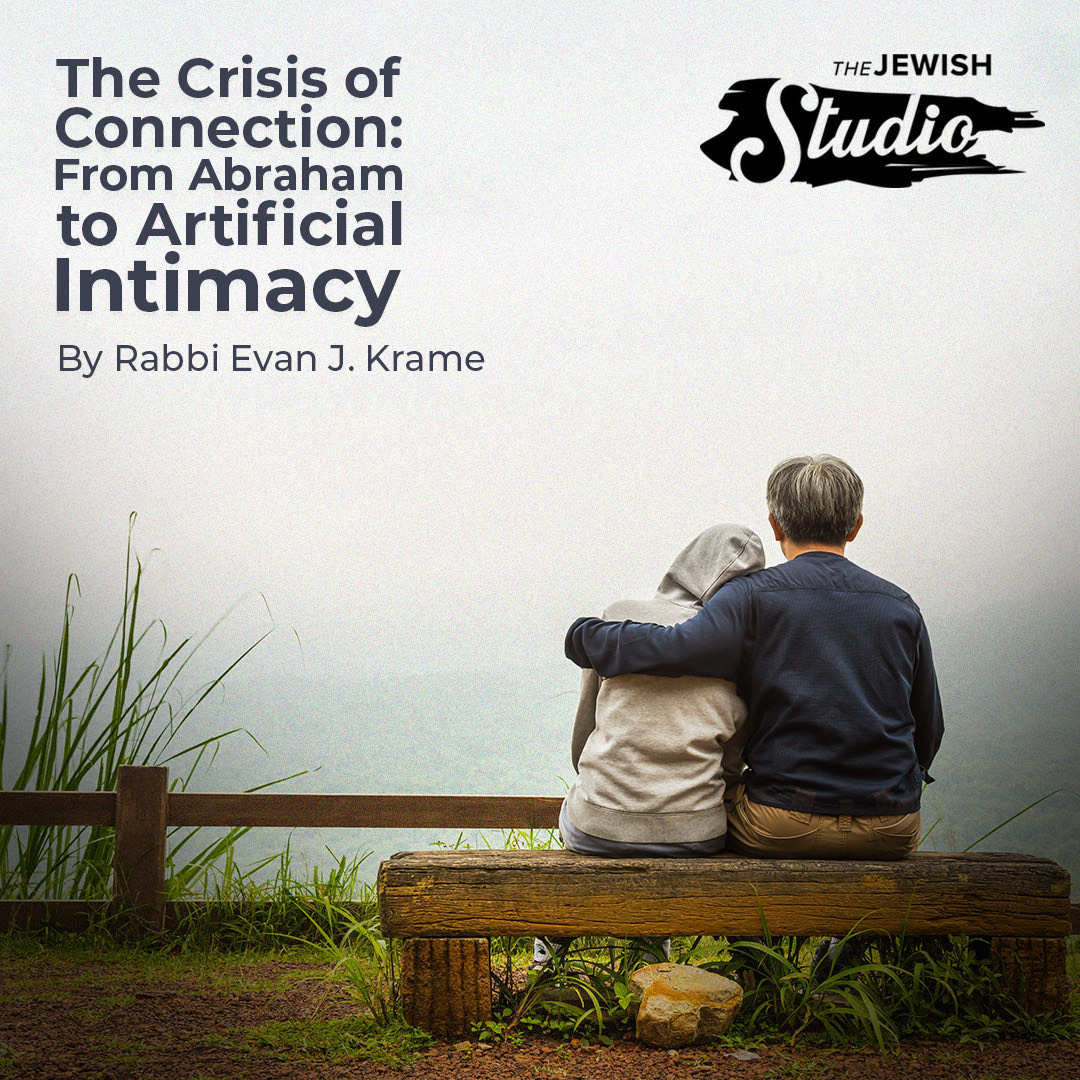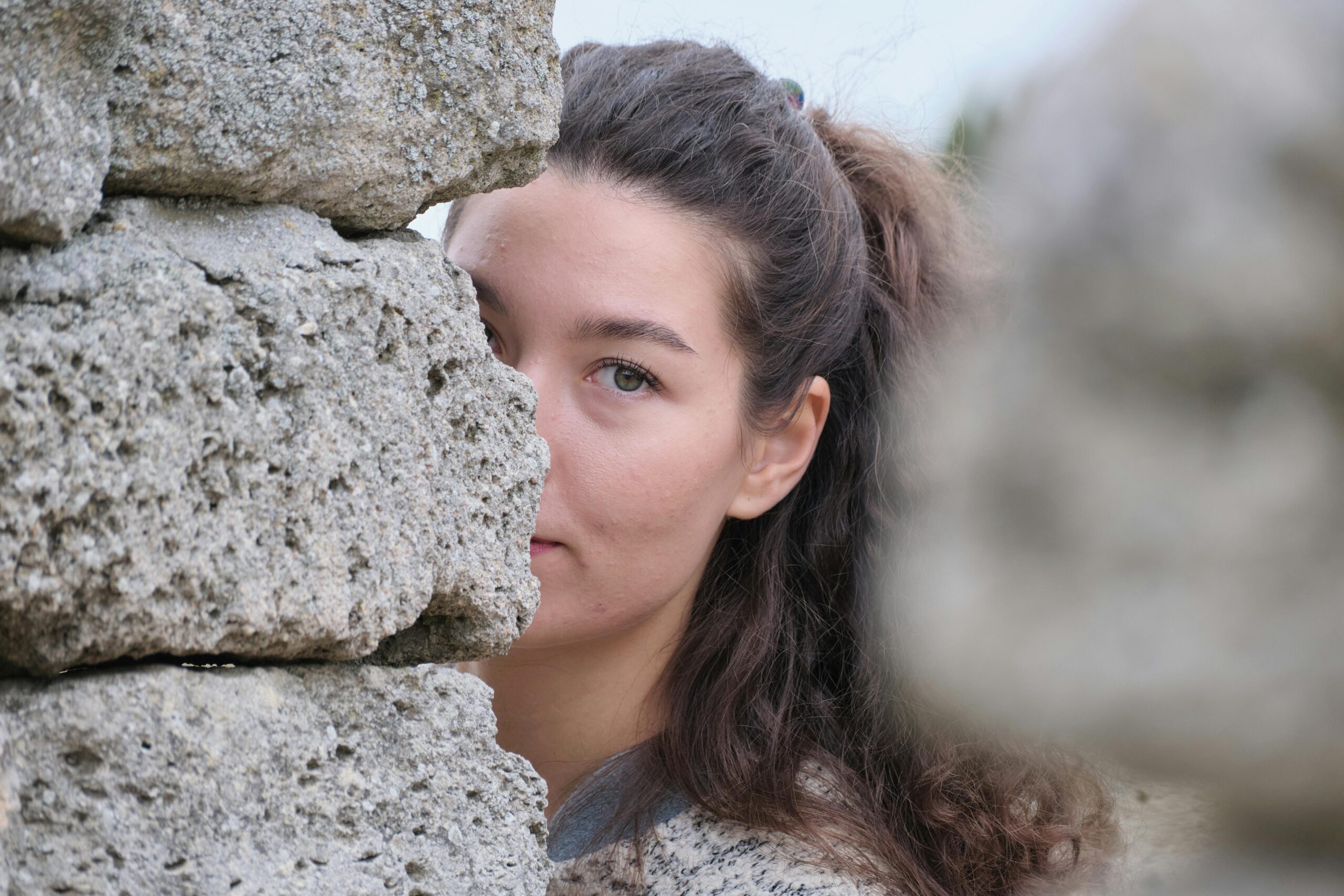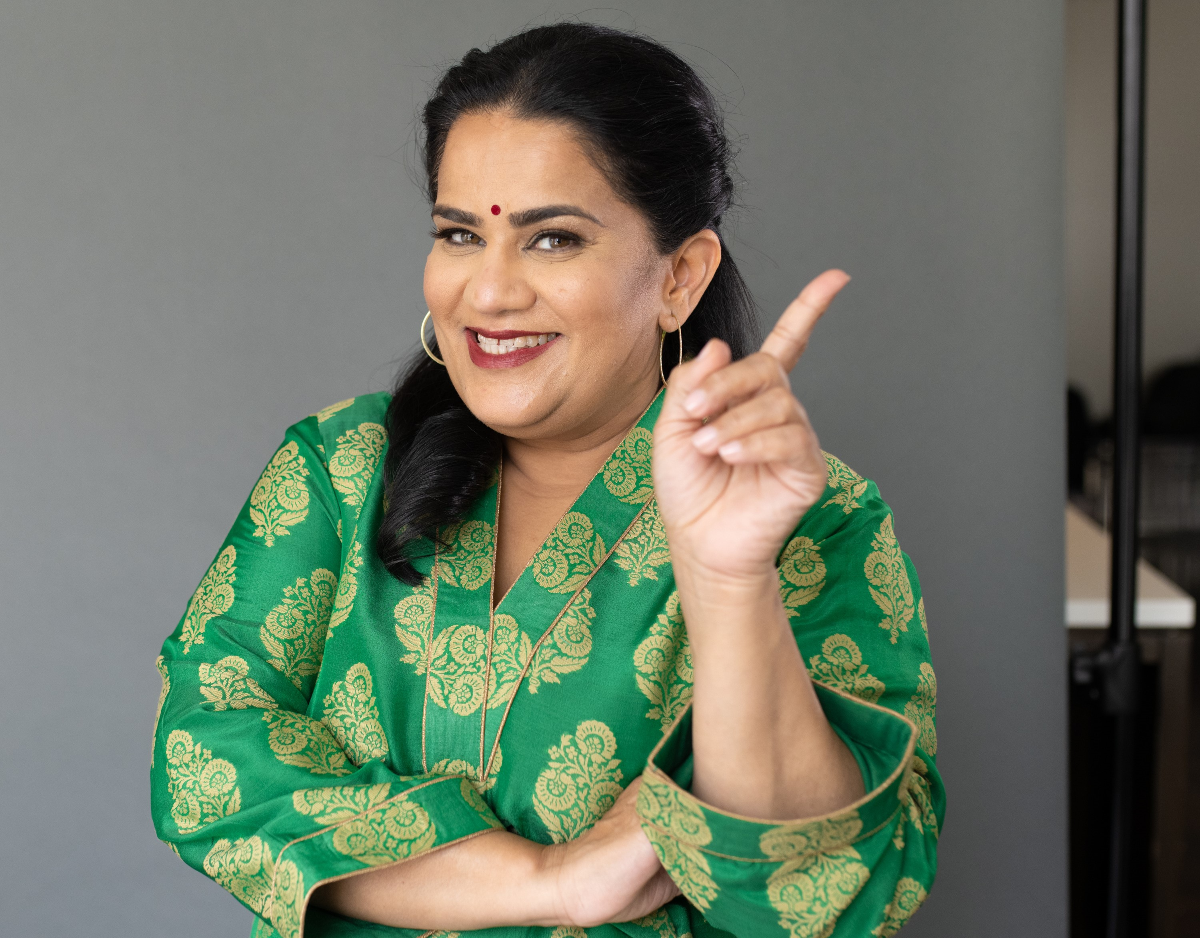Determining who is wealthy can sometimes be a spiritual matter.
This week in Torah reading Ki Tisa, each person over 20 is directed to pay a half shekel as “ransom.” This method of taxation serves multiple purposes: as a census, protection from plague and atonement for sin. Torah goes on to specify that “the rich shall not pay more and the poor shall not pay less than half a shekel when giving the LORD’s offering as expiation for your persons.” And to whom is the payment made? The payment is made to the Lord. (Either the Lord has a paypal account or the Priests were the holy toll collectors). When it comes to this particular “tax” payable to God, all are equal in responsibility.
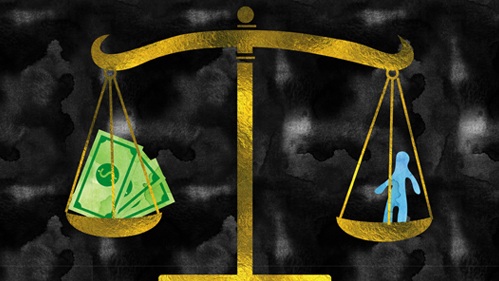
Recall that this direction is given just months after the children of Israel have left slavery in Egypt. It is hard to imagine that any are wealthy. This indicates that Torah is now forward thinking to what will be the economic conditions of the future. There will be both wealthy and poor within the Israelite community. But Torah doesn’t define who is wealthy.
I was reminded that our post-biblical tradition offers further exploration of what it means to be wealthy. Pirke Avot 4:1 says “Who is a rich man? One who is happy with his portion.”
Talmud Shabbat 25b offers four more definitions of wealth:
“Who is a wealthy person?
“Anybody who has pleasure (or comfort) in his wealth,” the words of Rabbi Meir.
Rabbi Tarfon says, “Anybody who has 100 vineyards, 100 fields, and 100 servants who are working in them.”
Rabbi Akiva says, “Anybody who has a wife pleasant in actions.”
Rabbi Yose says, “Anybody who has a bathroom (or a privy) close to his [eating] table.”
Wealth may be delineated by the spiritual art of gratitude as suggested by the ethics of the fathers. The additional definitions offered by some of the greatest scholars of the Talmudic era are a little more pedestrian.
Rabbi Meir, who measured wealth as a function of comfort, was among the greatest of scholars. He was married to Beruriah, the only woman mentioned as a sage in the Talmud. Presumably, his comfort came through study and knowledge.
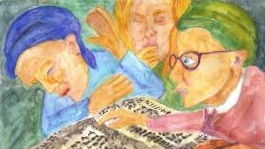
Rabbi Meir and Beruriah
Rabbi Tarfon who measured wealth by agricultural lands, was actually a wealthy landowner. No wonder that he would judge wealth by who had vineyards, orchards, fields and servants.
Rabbi Akiva was an uneducated shepherd who married, Rachel, the daughter of a wealthy man. We do not know if Rachel was pleasant in actions but we are told Rachel’s father disowned her for marrying Akiva. Later, Akiva left her to study Torah for 24 years. Akiva was wealthy later in his life, suggesting that his fortune came by his wife’s industry, as it is unlikely he became wealthy as a teacher.
Finally there is Rabbi Yose. As there are several Rabbi Yose, this is likely Rabbi Yose ben Halafta, a student of Akiva. Yose was also a tanner. Work as a tanner was generally reviled as the process of tanning hides required using foul smelling substances such as urine. Interestingly, Rabbi Yose’s definition of wealth involves the proximity of his toilet to his table.
Personal experience will help us define if we believe ourselves to be wealthy. You can take your pick from among the definitions offered by the greatest Talmud scholars or add your own. Ultimately, everyone should be the same in relation to God, just as rich and poor alike must offer the same half-shekel for atonement.
Rabbi Evan Krame


